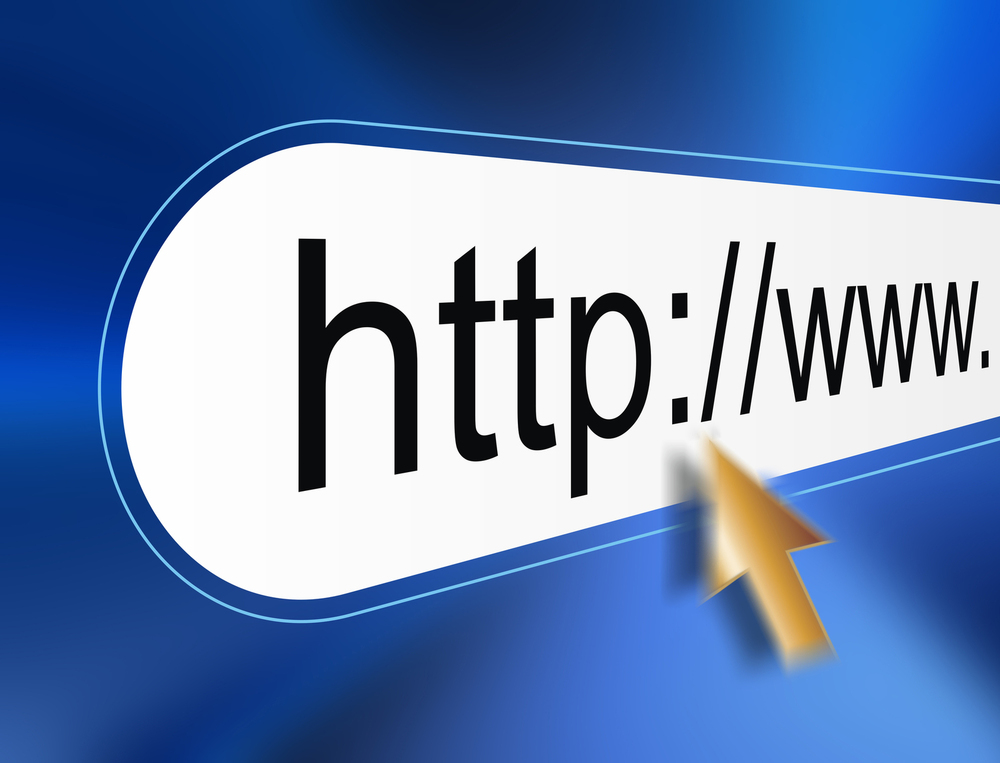
Human Rights: Main Threats in 2020
The lasting effects of the Great Recession of 2008 could be considered the most significant threat to Human Rights at the start of the next decade. The economic crisis has weakened the capacity of democratic civil societies, throughout the world, of fighting against the abuses of governments, either democratic (including the new “illiberal democracies” category or dictatorial ones.

Let’s check out which could be the main Human Rights threats in 2020.

Syrian War
The civil war in Syria is now entering its 10th year, and still one cannot see the end of it. The withdrawal of the United States did not solve it, and currently, there is a serious risk of confrontation between Russia and Turkey.
For the millions of Syrian refugees in Turkey, the future is bleak. People have limited access to essential resources for everyday’s life; conditions can be especially hard for those who have special needs. There’s no chance of following an osteoarthritis diet with the adequate ingredients, for instance.
Turkey has been discussing with Europe means of cooperation regarding the situation of these people. Still, European governments are less open to accepting a new wave of refugees in the wake of the 2015 crisis.
China: the Uighur Minority
The Chinese government is a frequent reference regarding the violation of civil and political rights, given its dictatorial nature. The latest reports tell that the Uighur minority, a Muslim cultural group of Turkic roots from Xinjiang (the westernmost province of China), are being forced to relinquish their identity.
Several reports are pointing out that citizens unwilling to abide by the government’s rules are being displaced and put into internment camps.
The situation is this remote region of Central Asia, in Western China, it is hard to determine because of the restrictions to the flows of information. This takes us directly to the final point of this article.
Internet and Freedom of Speech
The Internet is an excellent tool for civil society to organise itself and fight against oppression. According to Human Rights Watch, all kinds of governments resort to shutting down the Internet to avoid the spread of information contrary to their interest. Usually, we associate this kind of censorship to dictatorships, but the government that has been recurring to this tool more often, lately, is the democratic government of India.
The right to freedom of information is one of the very basic Human Rights. It is easily understandable that every power relies on a world view, or in a set of political opinions, that get along better if they’re not challenged. To question authority, to make hard questions, to force political leaders to listen to other points of view and take balanced and fair decisions, the freedom of information mustn’t be restricted.
